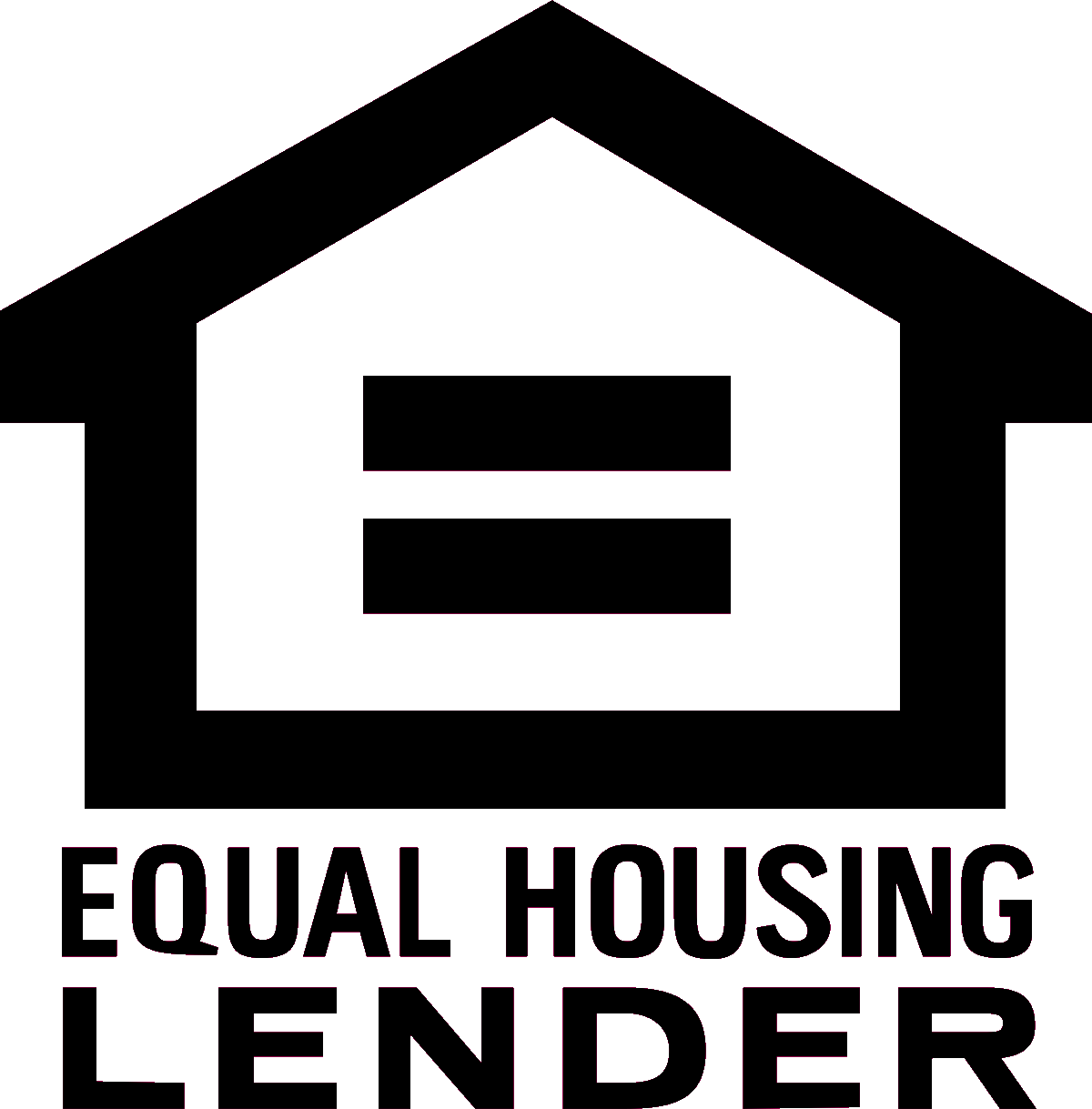Can I Qualify to take cash out of my home?
 Return to Can I Qualify? library
Return to Can I Qualify? library
If you're looking to tap into your home's equity, you have a couple ways to do it. In making your choice, you'll want to consider:
➢ How much equity you want to tap;
➢ How you want to use the money; and
➢ The interest rate of your existing mortgage, if you have one.
Whatever your choice, keep in mind that Texas limits the amount you can borrow against your home to 80% of its value. If you have an existing mortgage, this 80% includes the current balance of that mortgage. To calculate the maximum amount of cash you can get, multiply your estimated value by 80% and subtract the balance of your existing mortgage.
Option 1
Option 1 is to refinance your existing mortgage with a home equity first mortgage. The new loan amount is the amount needed to pay off your existing mortgage plus the amount of cash you want to take out.
This option usually makes sense if your current rate is relatively high, the balance on your existing mortgage is relatively small, or you're taking a large amount of cash out.
Because a home equity loan must be no more than 80% of your home's value, the loan will not have mortgage insurance, and you may be able to choose not to escrow for property taxes and insurance. Some folks like that added flexibility.
Option 2
A second option is leaving your existing first mortgage in place and taking out a home equity second mortgage.
This option usually makes sense if your current rate is relatively low, the balance on your existing mortgage is high relative to your cash out, or you don't want much cash out.
Home equity seconds come as fixed-rate term loans and adjustable-rate lines of credit (also called HELOCs). To choose between the two, consider the following:
➢ If you plan to use the cash all at once, such as a down payment for an investment property or second home, then a term loan in which you get all the money at closing probably makes sense.
➢ Similarly, if you want the cash to pay off high interest rate debt, a term loan is your best choice.
➢ If you plan to use the cash over time, maybe a large purchase today and some savings for tomorrow, then a HELOC may make more sense. A HELOC is a line-of-credit, and while a HELOC typically requires that you take one large draw at closing, you're only paying interest on the amount drawn.
Rates on home equity seconds are usually 2% to 4% higher than first mortgage rates, but remember that the rate only applies to the second mortgage balance.
You can compare options using our Home Equity calculator. (Click on the "Calculator" icon at the top of the page.) Or give us a call, and we'll do the comparison for you.
Option 3
If you're taking cash out to remodel or build a pool, you have a third option: a renovation loan. While this loan does refinance your existing first mortgage, it's specifically designed for construction, so you're not limited to 80% of your home's current value as you are with a home equity loan. With a renovation loan, you can borrow up to 300% of your home's current value. And we have a streamlined version of the loan for building pools.








